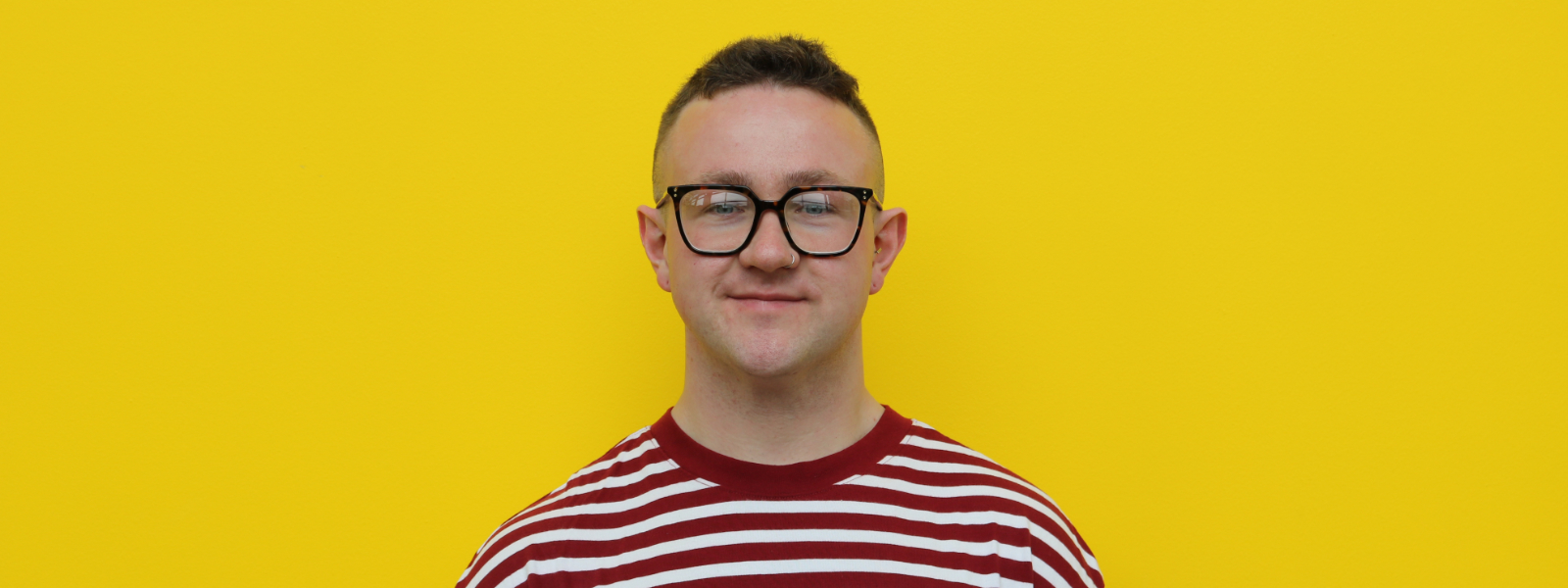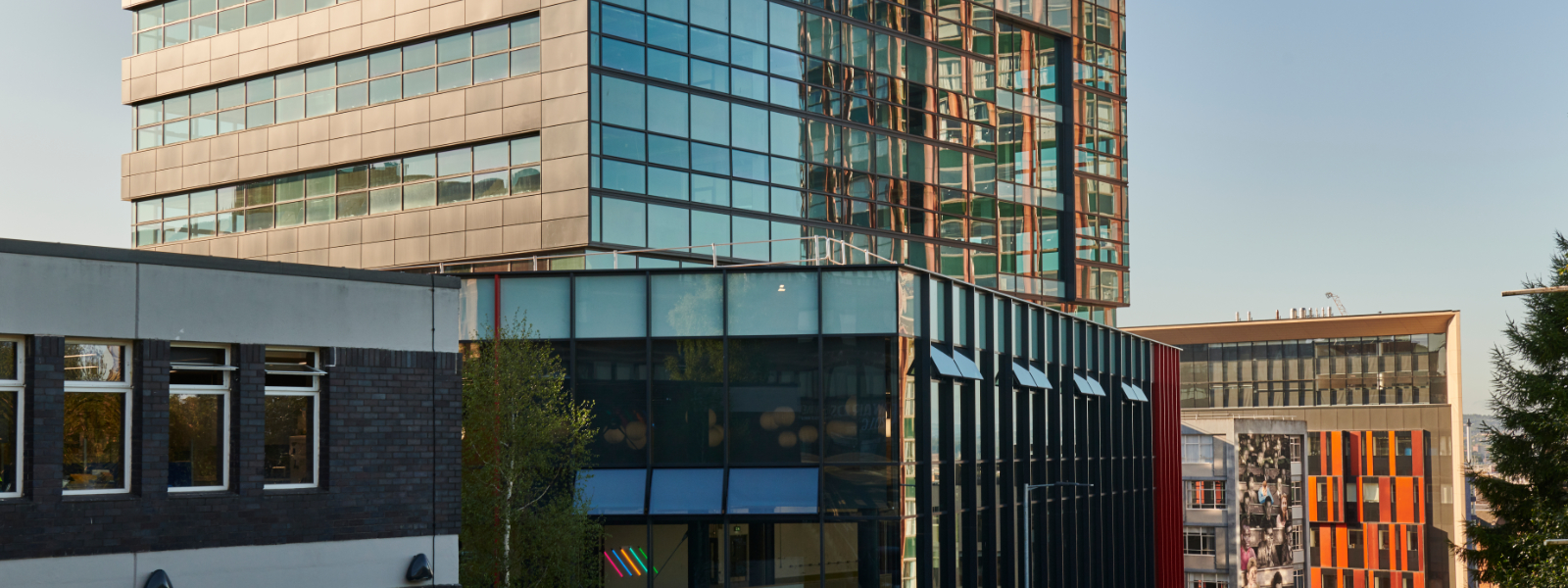
David is a graduate of the BSc Speech & Language Pathology at the University of Strathclyde
Tell us about your path to studying Speech & Language Pathology?
I studied Journalism for two years after high school but after deciding I didn’t want to go any further with it, I found myself working in hospitality for around six years and trying to work my way up the ladder in that. After a while I decided that wasn’t for me either as I wanted to go into an area of work that I felt made a positive change in people’s lives.
On my breaks and commutes to work, I had been teaching myself Spanish and thought that working with language would be interesting, so I looked into language and linguistics courses as I also enjoyed looking into the etymology of words. Speech and language therapy came up in my searches for careers that made use of linguistics and I felt drawn to it having watched some videos about how speech and language therapy had made a difference in people’s lives.
What is day-to-day study like?
The classes were all quite interactive and this made it easy to engage with the teaching materials. I feel like there was a good balance of instruction and self-directed learning and the resources we were given access to helped us to learn at a pace that wasn’t overwhelming. It was still surprising finishing each semester and realising just how much content we had covered, though.
My favourite classes were probably phonetics, as we learned the International Phonetic Alphabet for transcription and it feels like you’re writing in a secret code. And sociolinguistics, as I’m a big believer in everyone having the right to speak without having to conform to a non-existent standard.
What is the teaching like on the course?
I really liked the structure of the teaching across the years as it helped me transition back into education after a 7 year break and the modules were set out in a way that the complexity was gradually increased so we felt appropriately prepared for each step.
The thought of university had always intimidated me but the lecturers were all so passionate about their areas of expertise and were so keen to support everyone to do their best. Different activities were used in classes to help prepare us for placements (and the working world) and I felt challenged and encouraged to do my best.
Tell us about your experiences with placements.
I was lucky to get a good mix of placements throughout my 4 years where I worked with a wide range of patients. I worked in Adult Acquired Community Services, Paediatrics Community Services, CAMHS, Adult Inpatients (with a focus on dysphagia), and Adult Acute and Outpatients.
On placements, and through the classes, I felt like I was finding out about a new area of SLT every week. The placements really helped me to develop my confidence in clinical work and I had some really special moments with patients where I saw that I was doing what I came into the course to do - make a positive difference.
What advice would you give to somebody thinking of applying to the course?
I would definitely encourage people interested in studying speech and language therapy to apply to Strathclyde. There’s a big focus on approaching your practice with a holistic mindset that’s solidified by academic theory and the teaching staff are so supportive in helping you find that balance.
I’ve learned that there are so many areas to go into with speech and language therapy so whilst it’s good to go into the course with a goal of working with a certain client group I’d recommend keeping an open mind in case something else catches your attention.
What do you hope to go on to do after graduation?
For the first three years of the course I was set on working with children and I still believe that’s mostly the case. I really enjoy communication work with children with additional support needs but my CAMHS placement piqued my interest in working with adolescents so I’m just keeping my eye out for the right post now.
But I also had some amazing moments with adult patients on my fourth year placement so I now feel like I would be happy to go into a post working with either children or adults. The course really opened my eyes to the range of available opportunities and I appreciate the fulfilment that can come from all areas of the career.
